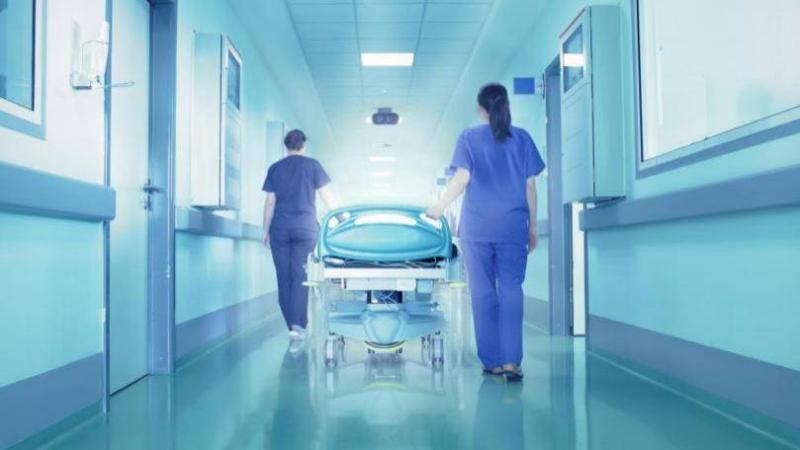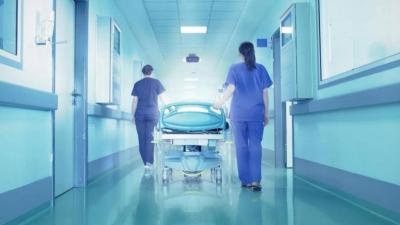Lebanon is currently witnessing painful scenes as its citizens lose their right to healthcare. Patients are not only unable to afford the differences in insurance to pay hospital bills, but a large number of Lebanese are unable to obtain insurance policies due to the companies requiring payments in cash US dollars. Private hospitals are already struggling to stay afloat amidst a challenging economic situation, with some barely able to provide the minimum of their services amid the accumulation of multifaceted crises. As for public hospitals, the situation is even worse; some are poorly equipped, and patients die inside after arriving "on their last breath." A recent example of this is the late Lebanese actor Pierre Chammoun, whose family confirmed that he died in the hospital due to the inability to admit him to the operating room.
Most alarmingly, "Al-Sharq Hospital" has become non-functional. Despite the crisis engulfing the healthcare sector in Lebanon, emergency cases could still receive treatment. However, the situation has deteriorated to the point where there is no longer a distinction between urgent and routine cases, nor between financially capable patients and the poor, because hospitals simply do not exist. This is the case in the Kesrouan region, which has become devoid of any medical services. From Faraya down to Jounieh, there are no open hospitals to assist patients in emergency situations, putting lives at risk as they might lose their lives before reaching the nearest healthcare center.
So what is happening in Kesrouan? Will most regions be left without healthcare services? The head of private hospitals, Suleiman Haroun, explained to "Al-Markazia" that "the ownership of two hospitals in Kesrouan has transferred to new owners, namely 'Ajaltoun Hospital' and 'Saint Louis,' and the new management is renovating them, which is why they are currently closed." He confirmed that "a large number of hospitals are at risk of closing unless issues with fuel prices, hospital tariffs, and settling their dues are resolved. Many hospitals are expected to change ownership in the coming periods. The warnings we issued earlier were not mere words; we have reached this point, and the transfer of ownership is due to the inability to continue. Unfortunately, the situation is going from bad to worse, and there are no signs of solutions at this moment."
He pointed out that "many hospitals are unable to receive patients due to shortages in supplies, especially medications. While there has been some progress regarding medications, scarcity remains." Haroun revealed that hospital administrations have noticed "an increase in the number of patients suffering from chronic illnesses due to the deterioration of their health as a result of stopping medications because their prices exceed their ability to purchase them. This new phenomenon is extremely dangerous. Furthermore, many patients admitted to hospitals are uninsured."
On another note, in regard to the impact of rising COVID-19 infections on hospitals, Haroun indicated that "while it is true that cases are rising significantly, very few require hospital admission."




